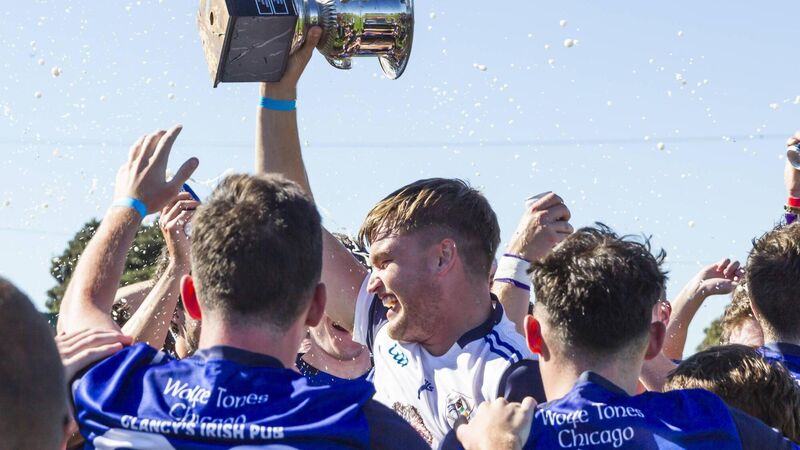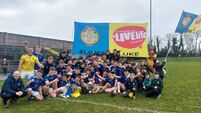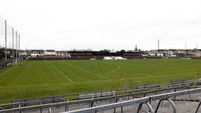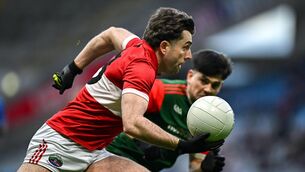Summer of a lifetime for intercounty stars, a thriving community for Irish emigrants and Americans

CUP OF CHEERS: Chicago Wolftones, Senior Gaelic Football Champions, who also won in 2023, celebrate in San Francisco. Amanda Wagner / Wicked Shamrock Photography
Ways and means. In 2005 a group of American soldiers landed in Shannon Airport for a scheduled stopover. Simultaneously, the All-Ireland hurling semi-final was taking place. Two isolated worlds collided to spread the game.
“They were on their way to be deployed so ordered a bunch of hurls, came back to New Hampshire and formed a club (Barley House Wolves),” explains US GAA chair Paul Keane.














